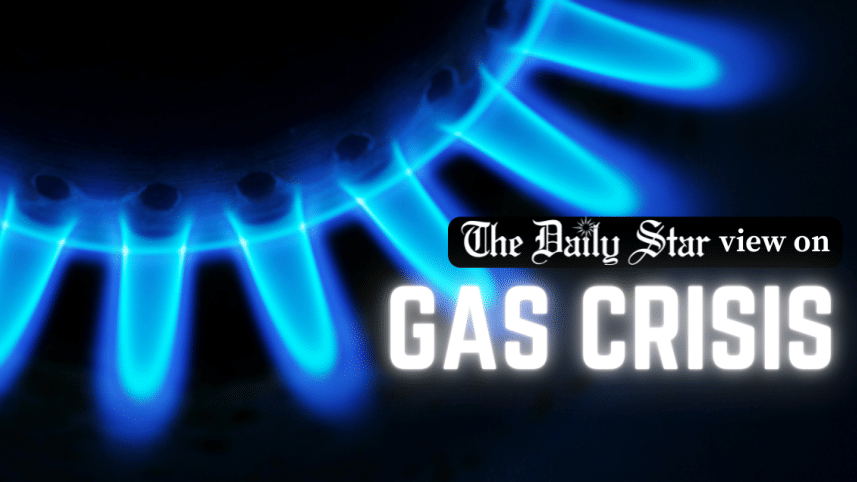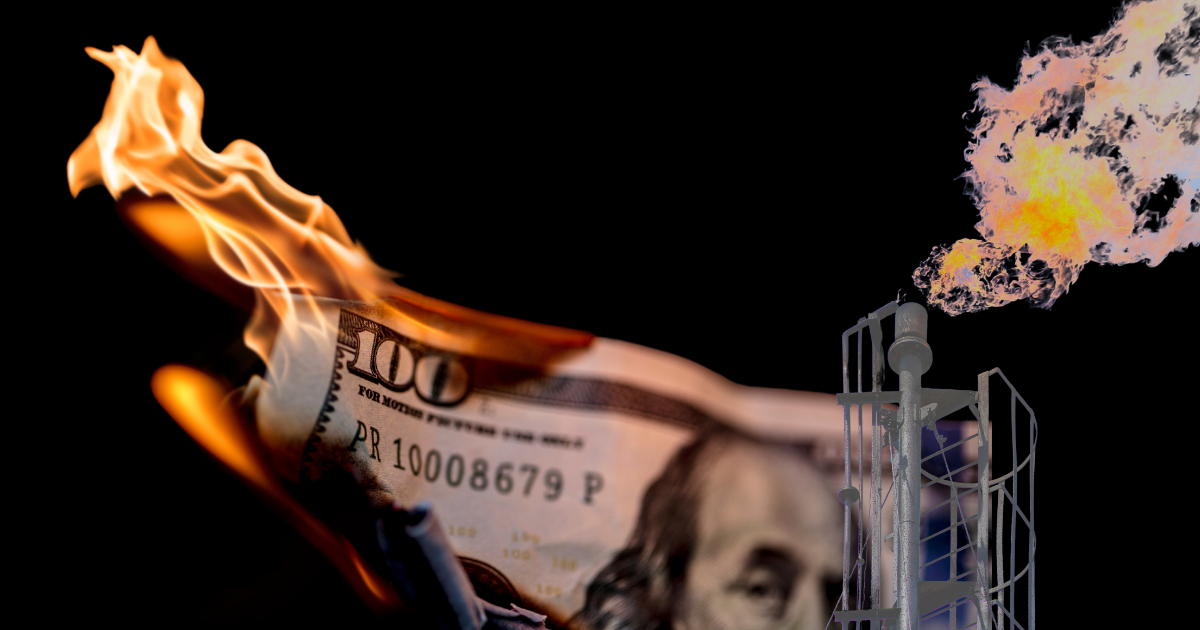Acute gas crisis is hurting everyone

There is an element of irony in the public assessment of the ongoing gas crisis – that it has reached a "boiling point" – given that we have hardly enough gas to burn or boil. This crisis, as per a report by this newspaper, has been affecting domestic and commercial consumers equally. And despite assurances to the contrary, it's evident that a drastic improvement in the situation is unlikely to happen anytime soon. This means that people will have to go on to make painful compromises indefinitely.
The crisis has been attributed to a shortfall in gas supply to the national grid – to the tune of 10 percent apparently – caused by the government's decision to stop purchasing liquefied natural gas (LNG) from the international spot market in July. By now, its effect has been felt across the board. While households had to grapple with arbitrary and unscheduled gas rationing – unlike the more predictable load-shedding – the same in industries that need gas to run their boilers and burners saw a significant fall in production. Take, for example, the ceramic industry which, according to the Bangladesh Ceramic Manufacturers & Exporters Association, has seen a 10 to 30 percent drop in production due to the gas crisis. Industry insiders say this has hurt their business prospects, including cancellation of orders from foreign buyers.
Clearly, the government is at a critical juncture, unable to affect the outcome of global events pushing up gas prices. But at the same time, and rather inexplicably, it is unwilling to adapt itself to better cushion external shocks.
Elsewhere, at the CNG filling stations, there has been a five-hour daily shutdown along with insufficient gas pressure (during active hours), an affliction shared by households and industries as well. To top it all off, the power sector, which consumes 42 percent of the total gas supply, had to reduce electricity generation at around 30 gas-fired plants, leading to over six hours of load-shedding a day across the country. These problems, interlinked and mutually exacerbating as they are, have only compounded suffering. The extent of suffering becomes clear from the remark of Jummatul Bida, a housewife in Dhaka's Gandaria area, who told this newspaper, "For the last two months, we haven't got any gas from 8am till 7pm… If I can't get up very early in the morning, we either have to starve or buy food from restaurants."
Clearly, the government is at a critical juncture. It is unable to do anything about global events pushing up gas prices but at the same time, and rather inexplicably, is unwilling to adapt itself to better cushion external shocks. These external shocks, in the form of price volatility and supply disruptions in the wake of the Russia-Ukraine war, would have been more manageable had the government diversified its sources of energy or, better yet, not been so heavily reliant on gas imports.
The government has long rubbished calls for further exploring and extracting our own gas reserves, which could give the sector a much-needed lifeline at this moment. It has also allowed a quick-fix mentality and collusive deals to compromise our energy security. This must not be repeated going forward. We urge the government to take urgent steps to mitigate people's suffering. The acute gas and electricity crises must have an expiration date. The authorities should immediately engage with experts to find durable and long-term solutions to these problems.



 For all latest news, follow The Daily Star's Google News channel.
For all latest news, follow The Daily Star's Google News channel. 

Comments